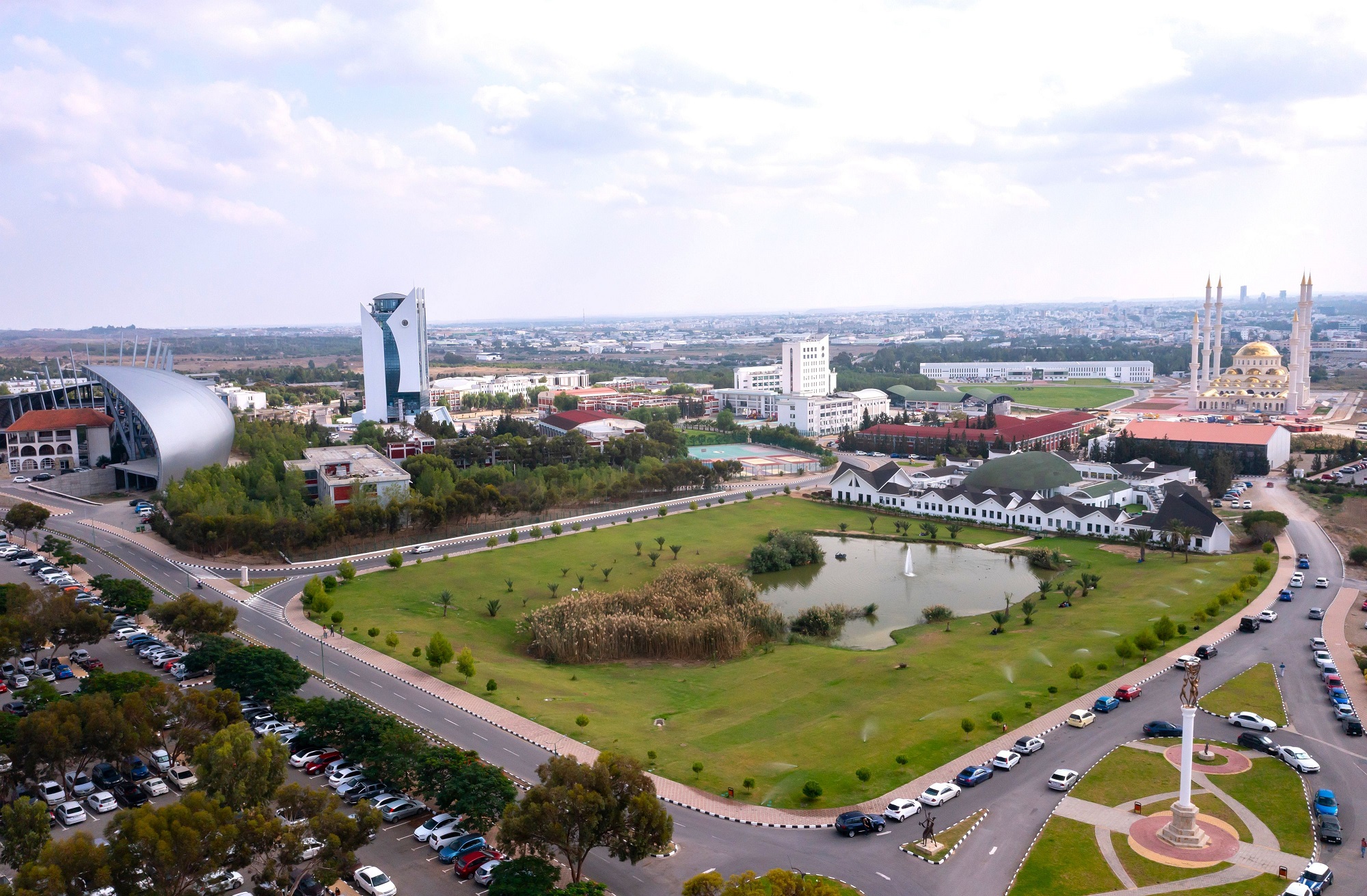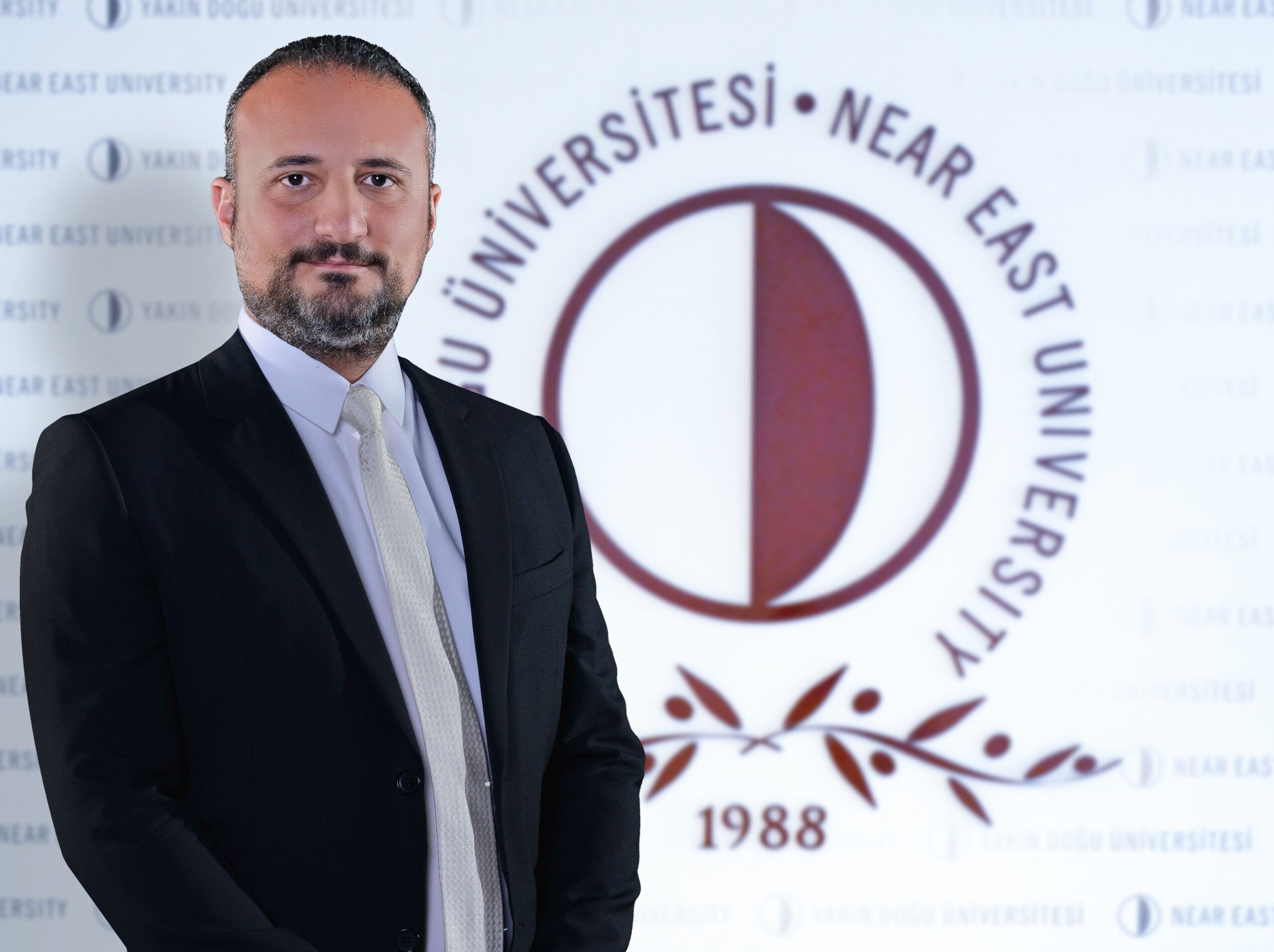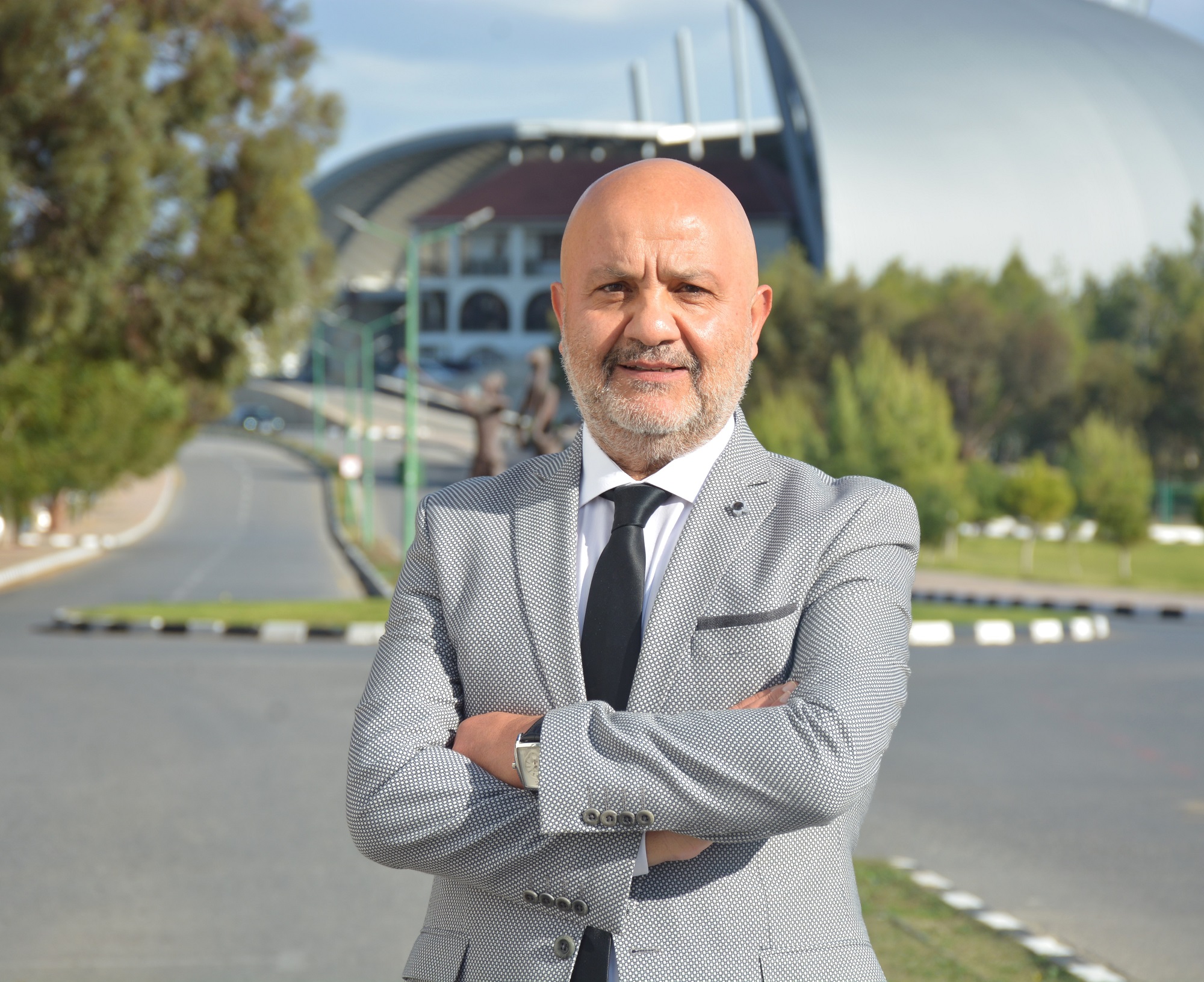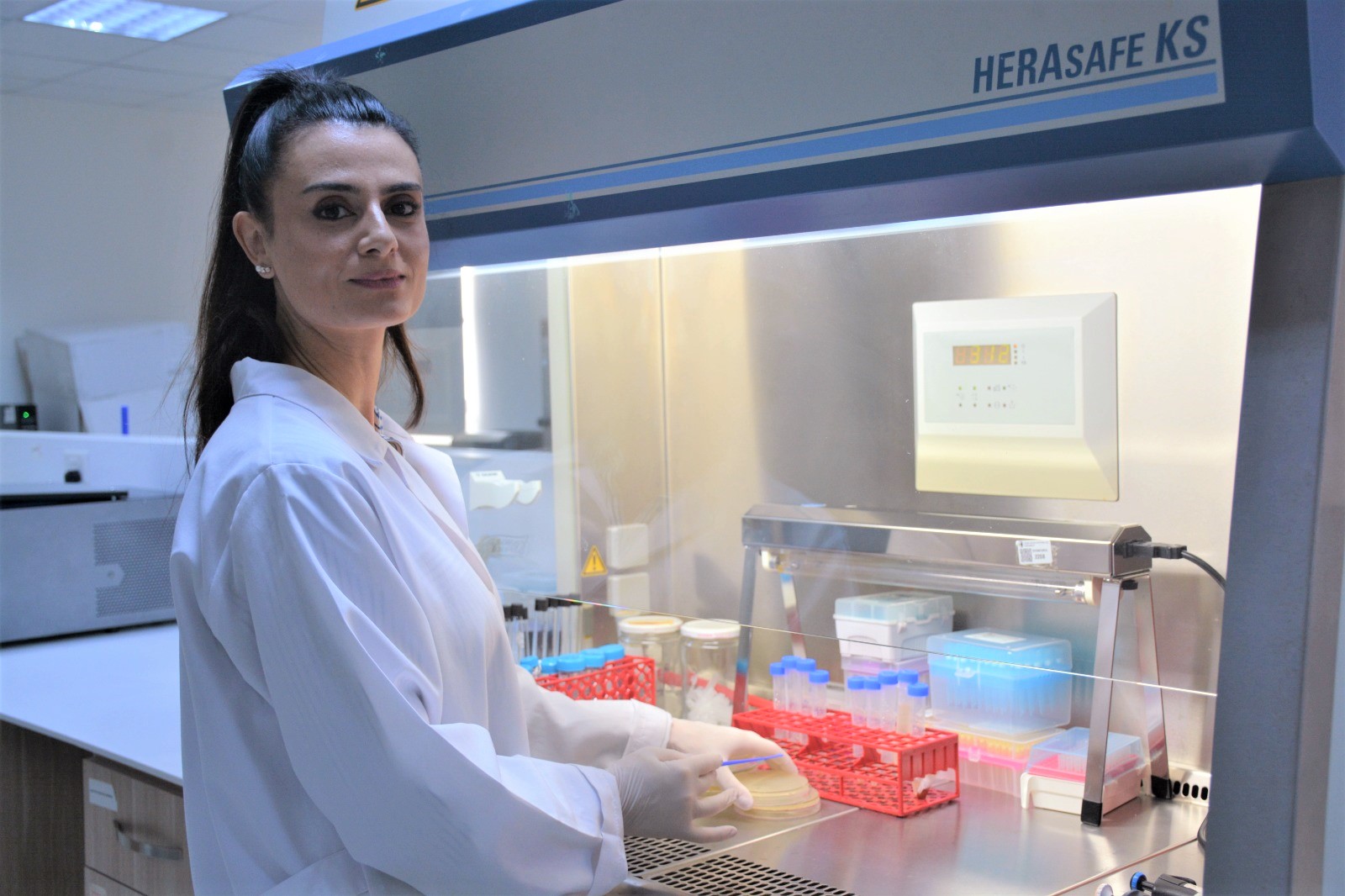
Near East University and La Trobe University researchers isolated three bacteriophages against multidrug-resistant Pseudomonas aeruginosa, which is the most important source of nosocomial infection, through the international project they carried out in cooperation.
Three bacteriophages isolated from the waters of the natural pond located on the Near East University Campus with the international project carried out by Dr. Ferdiye Taner, one of the researchers of Near East University DESAM Research Institute, and Assoc. Prof. Dr. Steve Petrovski from La Trobe University, Australia, raised hope in the fight against multidrug-resistant Pseudomonas aeruginosa, the most common source of nosocomial infection.
The increasing resistance of bacteria to antibiotics is a situation that makes the treatment of many bacterial infections difficult and is considered a global public health threat by the World Health Organization (WHO). Bacteriophages are the most effective alternative to antibiotics in the treatment of bacterial infections. New bacteriophages isolated as a result of the studies carried out by Near East University throughout international collaborations raise a powerful alternative against antibiotic-resistant bacteria that threaten human health all over the world.

The collaboration of Turkish and Australian scientists will revolutionize the fight against bacteria
Bacteriophages, which are at the center of the project “Molecular Mechanism of the Spread of Antibiotic Resistance in Pseudomonas aeruginosa Strains and Investigation of New Bacteriophages as Alternative Treatment Approaches” carried out in cooperation with Near East University and La Trobe University in Australia, are an effective biological control method against bacteria. Bacteriophages, named with a term derived from the words “bacterio” (bacteria) and “phage” (food), enter bacterial cells, inject their own genetic material and multiply within the cell. As a result of this process, the bacterial cell is destroyed by explosion and bacteriophages are released and can infect the next target bacterial cell.
In the project carried out by Dr. Ferdiye Taner, one of the researchers of Near East University DESAM Research Institute, Taner and Assoc. Prof. Dr. Steve Petrovski from La Trobe University, also takes place Prof. Dr. Ahmet Başustaoğlu and Assoc. Prof. Dr. Aylin Üsküdar Güçlü from Başkent University. Rector of Near East University Tamer Şanlıdağ, Dr. Gökçe Akan, Dr. Gülten Tuncel and DESAM Research Institute researchers Prof. Dr. Murat Sayan and Doruk Kaynarca are also in the project team. Vaheesan Rajabal from La Trobe University is also among the scientists contributing to the project.

Prof. Dr. İrfan Suat Günsel: “This important step once again demonstrated the power of international cooperation in scientific progress.”
Near East Enterprises Board of Trustees Chairman Prof. Dr. İrfan Suat Günsel said that the international project carried out by Turkish and Australian scientists has produced a promising result regarding antibiotic resistance, which threatens human health globally. Prof. Dr. İrfan Suat Günsel said, “This important step once again demonstrated the power of international cooperation in scientific progress.” Reminding that Near East University cooperates with more than 150 universities and institutions around the world, Prof. Dr. Günsel said, “We will continue to contribute determinedly to the fight against the health threats facing humanity with the power of science and cooperation.”

Prof. Dr. Tamer Şanlıdağ: “We will always continue to support scientific studies.”
Near East University Rector Prof. Dr. Tamer Şanlıdağ, who is also a microbiologist and took part in the project, expressed his happiness that their collaboration with La Trobe University has given the first fruits against antibiotic resistance, which has become a global health threat.
Prof. Dr. Şanlıdağ also announced that they will establish a “Bacteriophage Research Center” as part of the DESAM Research Institute to carry out research on bacteriophages in order to take the studies further. Prof. Dr. Tamer Şanlıdağ said, “We will always continue to support scientific studies that give us hope by sharing knowledge and skills. First of all, I wholeheartedly congratulate all my colleagues, including our researchers Dr. Ferdiye Taner and Assoc. Prof. Dr. Steve Petrovski from La Trobe University, who have taken a very important step for humanity.”
Dr. Ferdiye Taner: “The three new bacteriophages we obtained have created great hope in our fight against antibiotic resistance.”
One of the coordinators of the project, Near East University DESAM Research Center researcher Dr. Ferdiye Taner emphasized that the project in which they produced three new bacteriophages generated great hope in the fight against antibiotic resistance. Dr. Taner said that they are continuing intensive research on the detailed examination of the genetic structures of bacteriophages and their infection mechanisms. Dr. Ferdiye Taner said, “Our studies aim to better understand the types of bacteria that bacteriophages can target and to develop more effective treatment methods. In this way, by increasing the potential of bacteriophage therapy, a stronger fight against resistant bacterial infections can be carried out.”
Stating that deaths caused by bacteria gaining antibiotic resistance have become an increasing public health concern globally, Dr. Taner said, “We will continue to work with the aim to discover new bacteriophages and producing a powerful solution that can be used as an alternative treatment approach and to prevent the development of antibiotic resistance.”